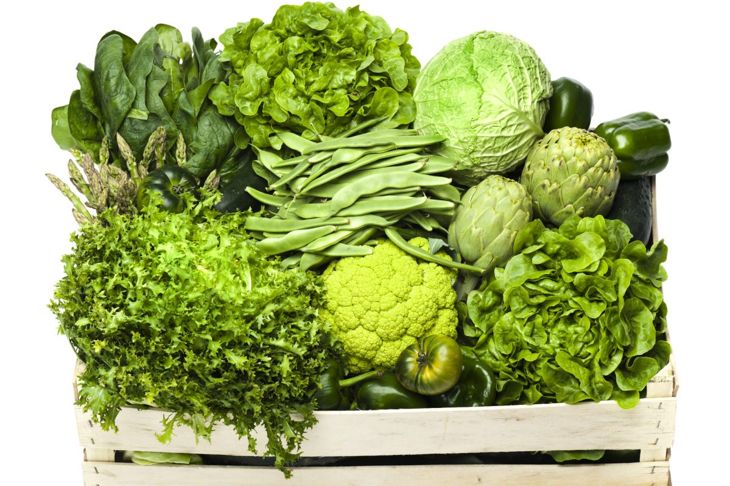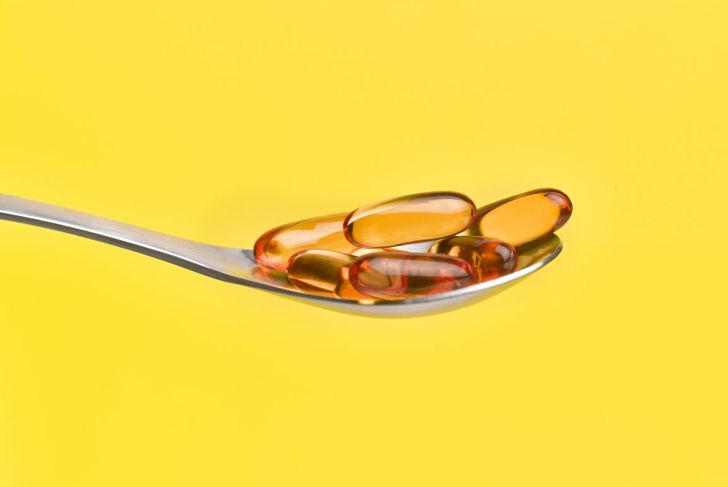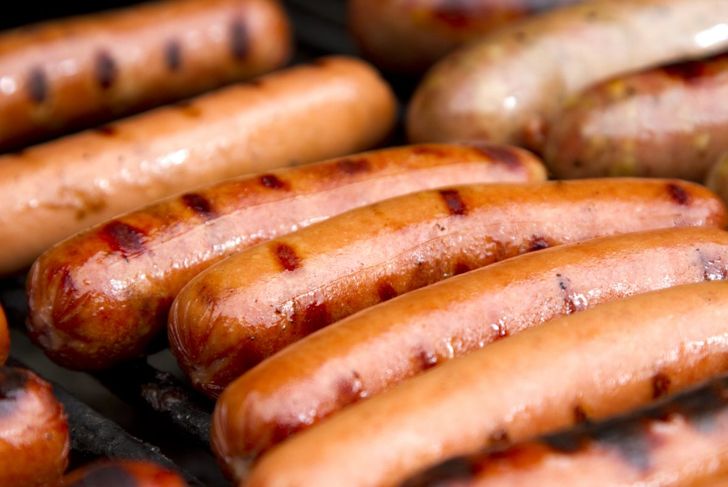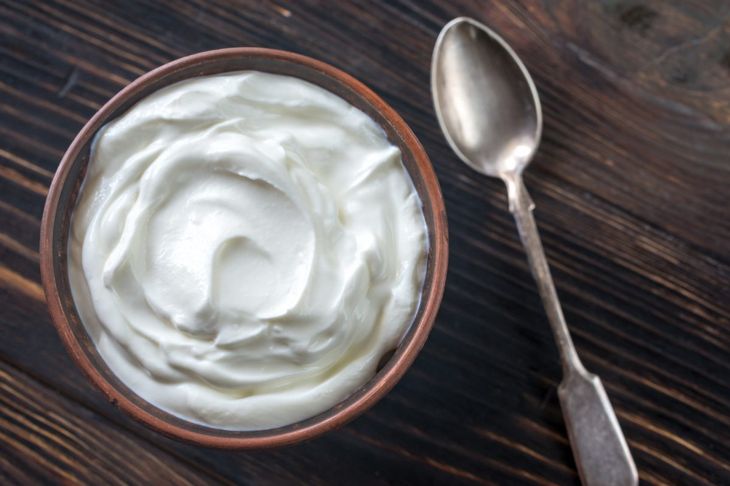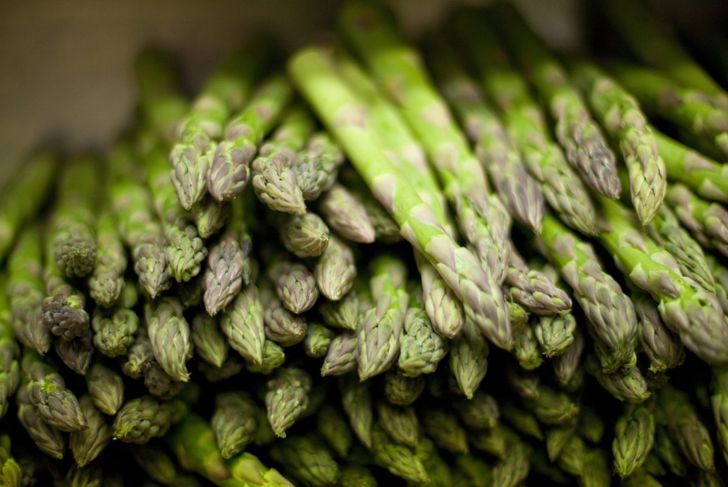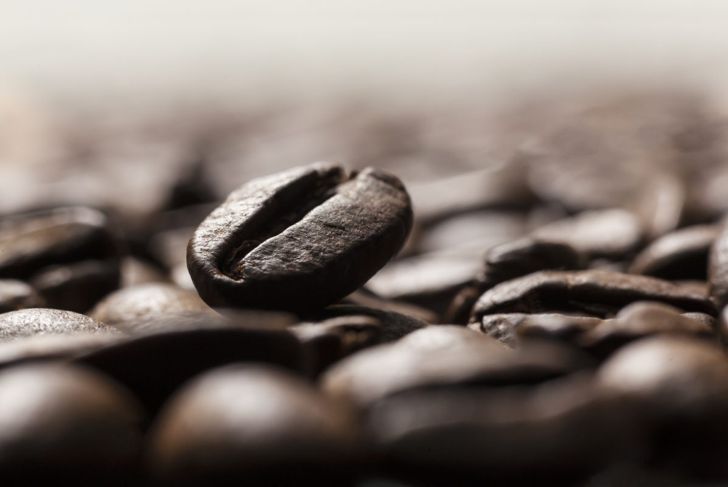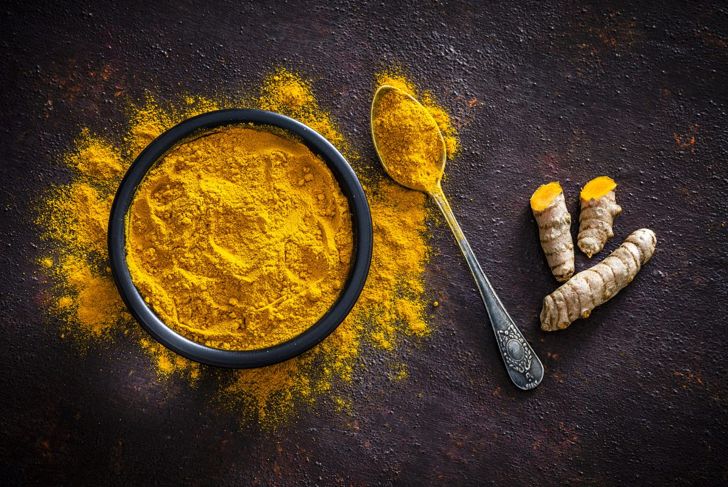Anxiety manifests in a variety of ways, from a generalized type to specific phobias. It is also common for anxiety to occur in conjunction with depression, creating a more challenging path for many. Doctors have a lengthy list of medications to recommend, but there’s more to anxiety than prescription drugs. What we eat plays a key role in exacerbating or relieving mental health symptoms. Food changes the body’s biochemistry in ways that can enhance the effectiveness of medications, or just make us feel better in general. To get the most out of the dietary effects on anxiety, you need to know what to avoid as much as what to enjoy.
Beans and Leafy Greens
Magnesium is essential in hundreds of biochemical reactions, including muscle function and maintaining a steady heartbeat. Beans and leafy green vegetables are great sources of magnesium. Data shows that this mineral modulates the hypothalamic-pituitary-adrenal axis or HPA axis, which is a neuroendocrine mediator. During times of stress, the body loses magnesium through the urine, and that loss increases corticotropin-releasing hormone levels, resulting in enhanced anxiety.
Alcohol
The relationship between alcohol and mental health concerns like anxiety and depression is well-known. Chronic, heavy alcohol abuse literally rewires the brain by redefining how it responds to fear. This heightened interpretation of a fundamental emotion alters how the organ recovers from the trauma and puts individuals at higher risk of developing PTSD.
Fish Oil
Brain-derived neurotrophic factor, BDNF, is essential in plasticity — it helps neurons survive. In people with depression and suicidal thoughts, BDNF expression is severely decreased, and antidepressants can instigate their release. Omega-3 fatty acids, in the form of fish oil, induce anxiety-reducing activities by increasing the amount of serotonin transporter protein, which has a substantial role in regulating anxiety and mood. Apart from fish oil, omega-3 fatty acids are in numerous nuts and seeds.
Hot Dogs and Soft Drinks
The consumption of ultra-processed foods or UPFs, such as soft drinks and hot dogs, has taken over the diets of many countries. The fact that some are marketed with more attractive terms makes them tough to weed out. In addition to increasing the risks of cardiovascular and metabolic diseases, they can lead to anxiety. When heated, molecules in these foods transform and interfere with gut microbiota. The inflammatory part of this process, along with the general lack of nutrients in processed products, increases depression and anxiety risks.
Greek Yogurt
Greek yogurt is a great source of probiotics and is a positive contributor to the gut-brain partnership. Fermented foods can help improve mood and the body’s response to stress, which decreases anxiety-related behavior. Researchers note that probiotics have antioxidant properties — they fight free radicals and have a neuroprotective effect that guards against nerve damage that induces anxiety.
Candy and Pastry
A diet full of simple sugars, such as those found in candies and pastries, impacts anxiety in a couple of ways. First, it increases corticotrophin-releasing factor (CRF) expression by the amygdala, a region of the brain that is home to the basolateral nucleus or BLA, which regulates anxiety. Additionally, these neurological changes lead to hyperphagia, a strong desire for food. The associated appetite-related chemical changes also contribute to higher anxiety levels.
Asparagus
Asparagus is full of vitamins and fiber. It is also a source of chromium, which helps regulate blood sugar. Researchers discovered that the steroidal saponins in asparagus mediate serotonin and cortisol receptors, making it a beneficial feel-good food. They also found that the vegetable increases levels of the inhibitory neurotransmitter GABA, increasing the anxiolytic (anxiety-relieving) effects.
Coffee
Coffee is one of the most widely consumed beverages, primarily because of its ability to stimulate the central nervous system. Methylxanthine is the natural alkaloid in coffee responsible for this side effect. Consumed in moderation, coffee increases attention and may even delay the onset of certain neurodegenerative diseases, such as Alzheimer’s and Parkinson’s. However, when overconsumed, caffeine increases heart rate, disturbs sleep patterns, and can induce or worsen anxiety. Of course, what has considered too much caffeine varies from person-to-person.
Turmeric
Docosahexaenoic acid, DHA, is an omega-3 fatty acid necessary for brain development, among other vital functions. The body makes very little, so it must be consumed from food. Studies show that curcumin, the main chemical in turmeric, boosts alpha-linolenic acid or ALA, a precursor of DHA. The combination of curcumin and ALA reduces anxiety by increasing DHA synthesis, leading to higher DHA levels in the brain.
Water
Water transports hormones and nutrients, and dehydration causes key functions, including blood pressure and digestion, to slow down. The vital liquid also provides lubrication for brain tissue and balances certain processes, such as the manufacture of neurotransmitters. Mild dehydration reduces brain energy generation and creates dopamine and serotonin imbalances, increasing the risk of depression and anxiety.

 Home
Home Health
Health Diet & Nutrition
Diet & Nutrition Living Well
Living Well More
More